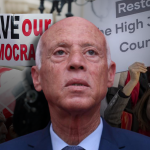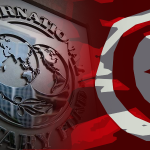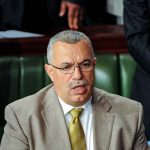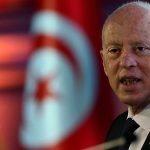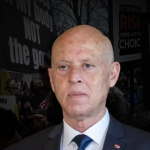Tunisia: Supreme Judicial Council building closed down as President Saied dissolves body, judges vow to challenge move
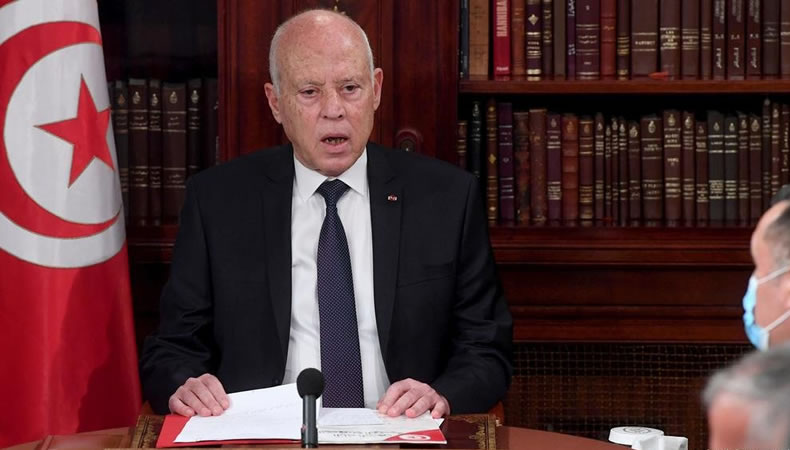

“Judges will not stay silent,” said Youssef Bouzakher, head of the Supreme Judicial Council. Monday morning the building was surrounded by police force. “Police forces prevented all access to the CSM headquarters on Monday,” said Youssef Bouzakher. “This illegal closure without any legal grounds proves that we have reached a dangerous stage where the executive power is taking over state institutions and the judiciary by using force,” he said.
Related Posts
President Kais Saeid has been merging his powers since last year when he had suspended the country’s parliament and dismissed the prime minister. He later announced that he would rule by decree. “I assure everyone in Tunisia and abroad that I will not interfere in the judiciary. I will not interfere in any case or any appointment. I do not want to control all power,” Saied said in a speech. President Saeid has accused the judges of being loyal towards political factions in Tunisia, citing cases that have been dragging in courts for years with no verdict. In his late-night speech during which he announced of dissolving the council, President Saied said, “Their place is not where they sit now, but where the accused stand.”
“The president has moved to the stage of seizing institutions. What is happening is very dangerous and illegal,” said council head Youssef Bouzakher. The CSM has rejected the accusations of President of corruption and its dissolution “in the absence of a legal and constitutional framework”, seeing it as “an attack on the Constitution and the guarantees of independence of justice”.


